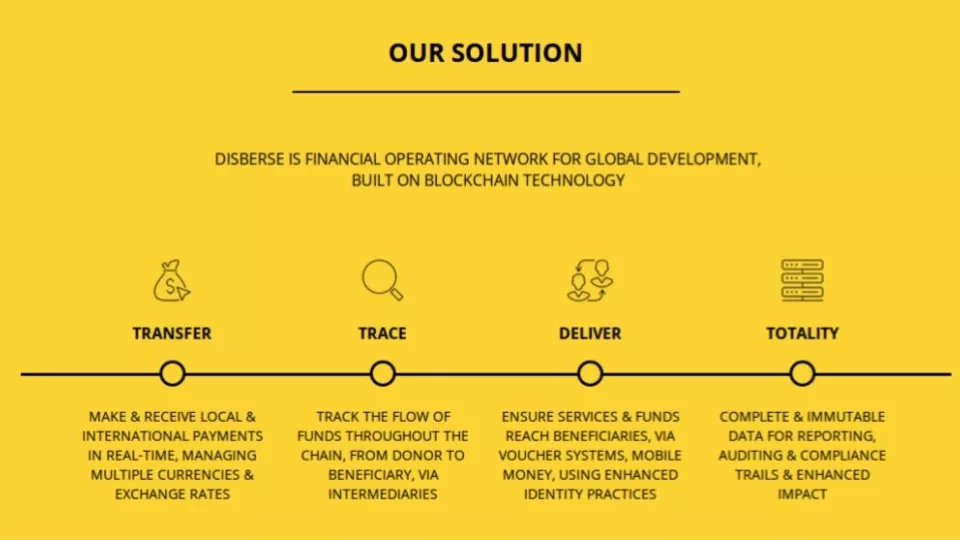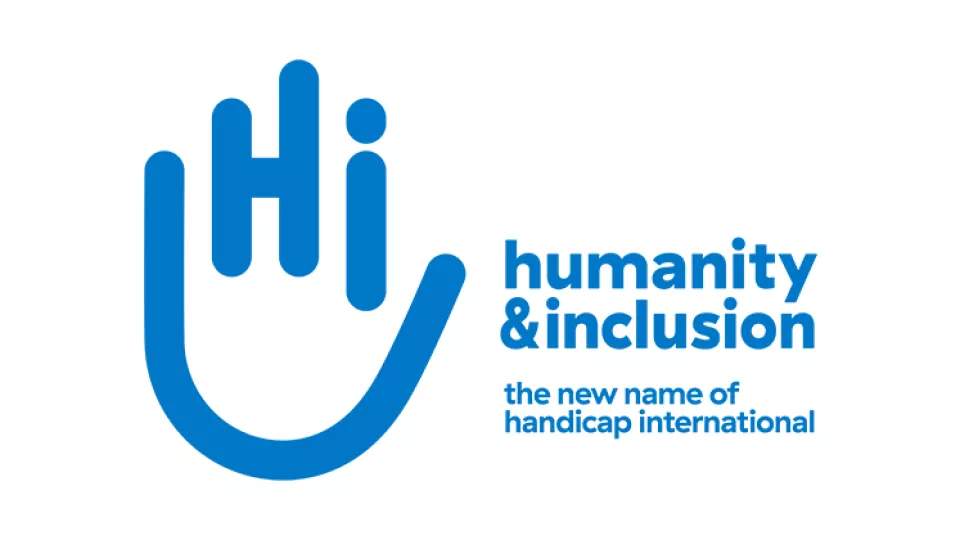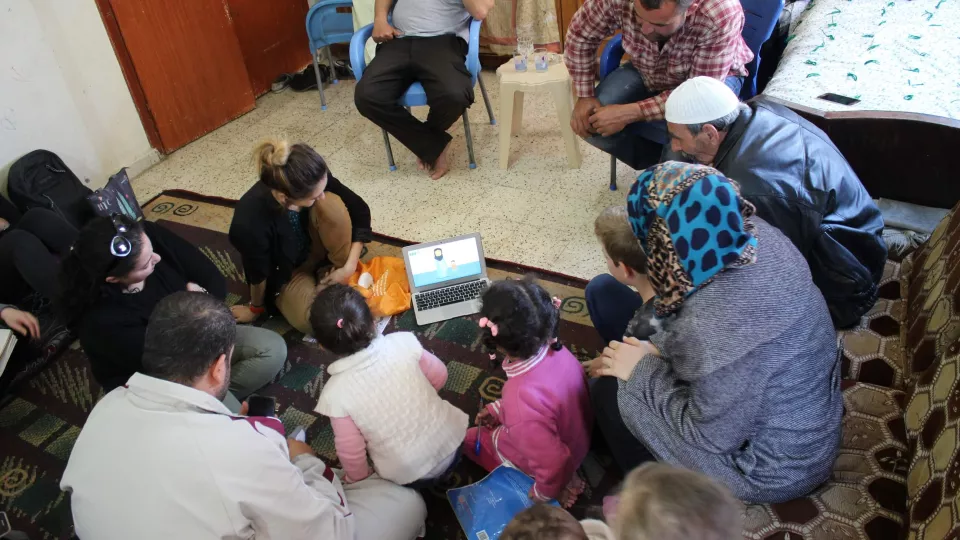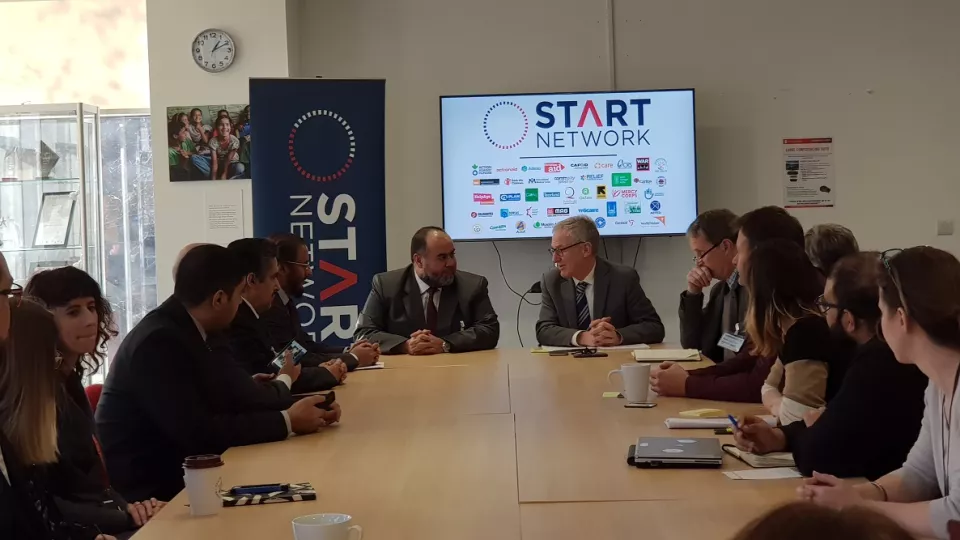Libya: Refugees and Migrants’ Access to Resources, Housing and Healthcare
Refugees and migrants in Libya are among the most vulnerable groups in the context of the ongoing humanitarian crisis. Due to the elevated level of insecurity and to the criminalisation of undocumented migrants, many are held in detention centres, with a number of studies pointing to their inadequate living conditions. On the other hand, very limited information is available on the protection needs and coping strategies of the wider population of refugees and migrants living outside detention facilities in Libya. In response to this gap, REACH, in partnership with the Start Network and NGO International Medical Corps conducted an assessment in three locations in Libya: Tripoli, Misrata and Sebha to shed light on refugees and migrants’ access to economic resources, housing and healthcare. The assessment was funded by the Migration Emergency Response Fund – managed by the Start Network – through its mechanism for collective information collection and analysis grants. REACH facilitates the development of information tools and products that enhance the capacity of aid actors to make evidence-based decisions in emergency, recovery and development contexts. For more information, please visit their website http://www.reach-initiative.org.




